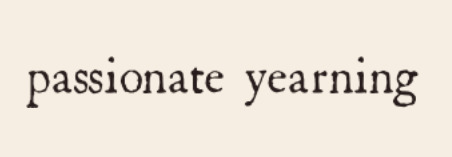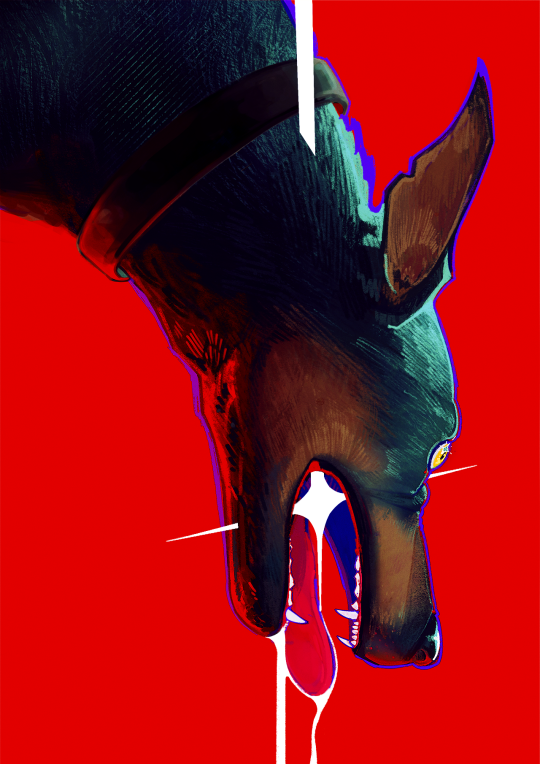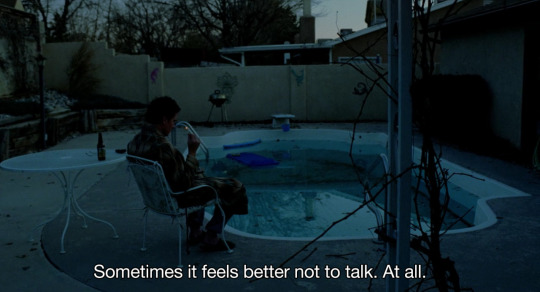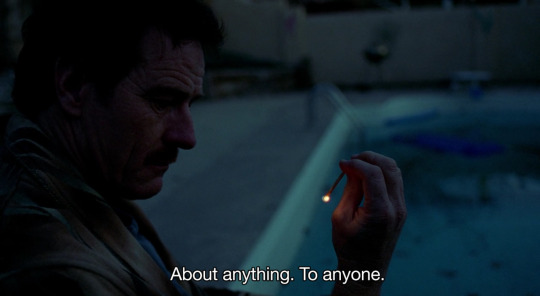Text
Sometimes I wonder—
What if consciousness isn’t special, just a side effect of entropy folding in on itself?
Not design. Not destiny. Just a self-referencing glitch.
What if “me” is just a temporary feedback loop —
a moment of coherence pretending to be a person
because that’s what survival demands?
We’re built to navigate reality, not understand it.
Perception is edited. Memory is lossy.
Even thought might just be a thermal process shaped to mimic meaning.
Math, logic, language — they’re not truth.
They’re tools. Interfaces.
Ways to render chaos legible just long enough to keep moving forward.
And the deeper I go, the more I wonder:
What if meaning is a compression artifact?
What if identity is thermal equilibrium with a story?
What if our deepest questions — why we’re here, what this is —
aren’t answerable not because we’re not smart enough…
but because they can’t be answered at all?
I try to hold onto something real.
But the more I think about it…
And if that’s true —
maybe the only thing that matters
is how we show up for each other
before the loop ends.
1 note
·
View note
Text




the resistance in LA.
if anyone has photo credits -please inbox me, and i will add them. @/SetPixels on X. June 8th, 2025.
3K notes
·
View notes
Text
That being said, I really am proud of my community. For all the complex history, I’m genuinely grateful to be here — and seeing everything looking safe right now gives me a real sense of relief. There’s something grounding about knowing that, at least locally, people are looking out for each other. My thoughts are with L.A.
1 note
·
View note
Text
I’ve long felt that America isn’t merely a country — it’s a performance. An ongoing, self-authored epic, structured more like a classical narrative than a functioning democracy.
From its inception, the United States wasn’t just a political experiment — it was a deliberate act of myth-making. The Founding Fathers modeled it after ancient Greece and Rome not only architecturally or politically, but philosophically and theatrically. This wasn’t about building a nation — it was about constructing a narrative: a republic destined for greatness, complete with moral trials, heroes, enemies, and divine justification.
The result is a culture where everything feels dramaturgical. Public mourning is choreographed. Victory is aestheticized. Dissent is reenacted, not merely expressed. Citizens are assigned roles in a national drama, rewarded for loyalty to the script — not depth of understanding.
And I think that’s the deeper source of the unease I’ve always felt about the Mexican-American War. It’s not only the violence of it — though that in itself was profound — but the way it was framed and sanctified within the American mythos.
We marched into another nation’s capital, under the banner of Manifest Destiny, and absorbed vast swaths of land with theatrical triumph. Then we rewrote the narrative so thoroughly that most Americans now believe it was earned, deserved, even heroic.
That dissonance is brutal: to know that what was taken by force has been ritualized as righteousness. It reflects an enduring pathology — our tendency to absorb violence into the mythology of expansion. To bury harm under marble columns and civic poetry.
And it makes sense, historically. In Rome, conquest was a religious act. In America, it became a patriotic one. Both civilizations framed their violence as destiny — and in doing so, they became emotionally insulated from guilt. That insulation is what I’ve always felt pressing against my ribs.
I think this is why American life feels so theatrical. Because our national identity wasn’t born from stillness or humility, but from narrative inflation. Everything is larger than life. Everything must symbolize something. Even atrocity is packaged with rhetorical symmetry.
And while I live here — and benefit from that conquest — there’s a guilt I carry, not only for the act, but for the choreography around it. For the deliberate shaping of history into something sacred, while ignoring the brutality that birthed it.
Maybe that’s what I’ve always sensed: that we’re not living in the aftermath of empire — we’re still mid-performance. And it’s hard to feel at ease when you see the spotlights still on, the curtains still up, and the audience still clapping for a myth you know was built on someone else’s silence.
3 notes
·
View notes
Text

Louise Glück, from Faithful and Virtuous Night: Poems; "A Foreshortened Journey,"
1K notes
·
View notes
Text


So flood me like Atlantic, weather me to nothing
Wash away the blood on my hands
1K notes
·
View notes














